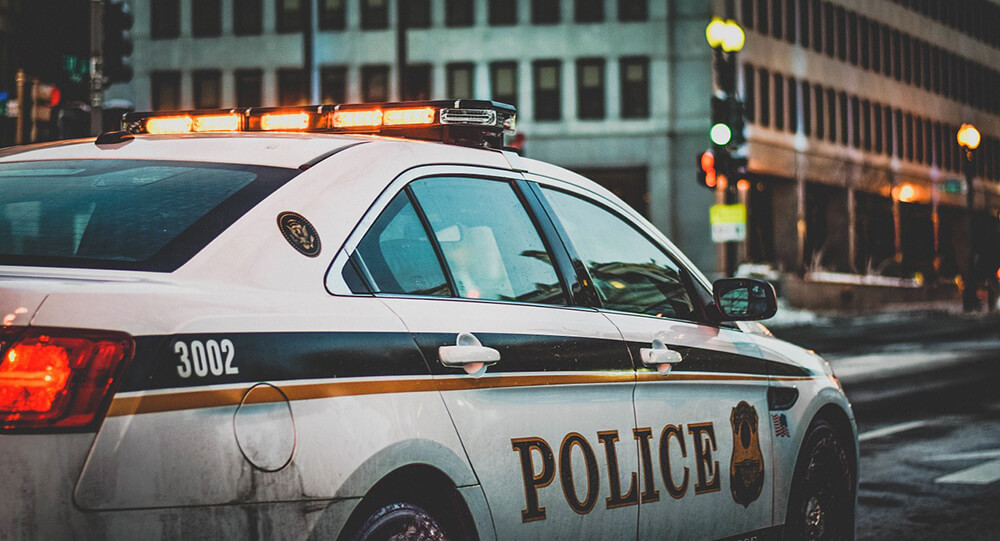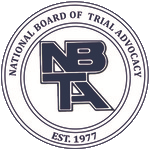
While there are similarities between investigating an accident between two passenger vehicles and a crash involving a passenger vehicle and a commercial truck, the latter is generally more complex. This is because there are more factors to consider, like the trucking company and the federal trucking regulations. If you’ve been in a tractor-trailer accident, you’ll benefit from understanding how the police investigate the incident and how you can use that information to support your truck accident injury claim.
Collecting Evidence at the Scene
Police are often the first to arrive at the scene of a truck accident. They’ll be able to collect evidence that insurance adjusters could miss later because of how fresh the evidence will be. After taking photographs of the vehicles, the accident scene, the road conditions, and the time of day, they’ll examine the road. They’ll look for tire markers and other signs that could point to the cause of the accident. They’ll asses the damage and, if possible, speak with the drivers involved in the accident to collect their statements.
Speaking with Witnesses
Depending on where the accident took place, there may be witnesses police can collect statements from. They may be able to describe what they saw, heard, or even smelled. The sooner police speak with them, the more details they will remember. Later, witnesses may be able to give sworn written or oral statements.
Your lawyer can use witness statements to support your claim. They may be able to clarify what actually happened, especially when the truck driver is claiming to not be at fault.
Inspecting the Vehicles
To begin inspecting the vehicles, police officers will take photographs of the exterior and interior of both. The exterior photos will give police an idea of how the accident happened, what type of accident it was, and who collided with whom. They can tell those things based on the damage. With the interior photos, police will be able to determine if the drivers were doing anything wrong. The truck cab, for example, could contain alcohol containers, illegal drugs, or other items that could have distracted the trucker.
Electronic Data Recorder
Often referred to as the back box, an electronic data recorder has information that can be reviewed by police or an accident reconstruction expert. The data includes the semi’s speed right before the crash, how the brakes were used, how quickly the truck came to a stop, and other useful information. It’s important for the police to get this data as soon as possible. If the truck is driven again, the recorder’s data could be overwritten or deleted.
Looking for Signs of Recklessness
All drivers have a responsibility to remain focused on the road in front of them. Any distraction, no matter how small, can result in a crash. For individuals who driver large commercial trucks, they need to be even more aware of the road because of blind spots, curves, and inclement weather. It’s easier to lose control of a large vehicle. When police investigate the accident, they’ll look for any of the following signs of recklessness:
- Cell Phone Records. If a truck driver was texting or talking at the time of the collision, their cell phone records will let the police know. In the event it’s discovered the trucker was speaking with their supervisor at the time of the wreck, the trucking company could also be held responsible.
- Toxicology Results. Immediately following a crash, the truck driver will undergo drug and alcohol testing. The police conduct the test and your lawyer will be able to obtain the results. If it’s found the driver was impaired, they could face serious consequences.
- Log Books. Truckers are supposed to keep an accurate record of how long they’re on the road. This is to ensure the driver is obeying state and federal regulations in regard to driving hours. In order to prevent fatigued driving, truckers are supposed to rest regularly and only be on the road for specific amounts of time before stopping. Driving while tired can be just as dangerous as drunk driving because the brain isn’t capable of processing information as fast as it needs to in order to make good driving decisions.
- Cargo Records. These records can be used to determine how heavy the trailer’s load was and what time cargo was picked up or delivered. If the accident happened because the truck rolled over, it could be because the weight was heavier than legally allowed or the trailer was loaded incorrectly. Cargo records can also indicate if a shipment was made within a reasonable amount of time. If it seems the truck made it there faster than they should have, they may have been driving drowsy.
In conjunction with their own investigation, your lawyer can use the evidence collected by police to strengthen your claim and prove the trucker’s negligence caused your accident. The electronic data recorder and signs of recklessness are often the strongest points that can be connected to fault. To learn more about the ins and outs of filing a truck accident claim, contact Golden Law Office today.





